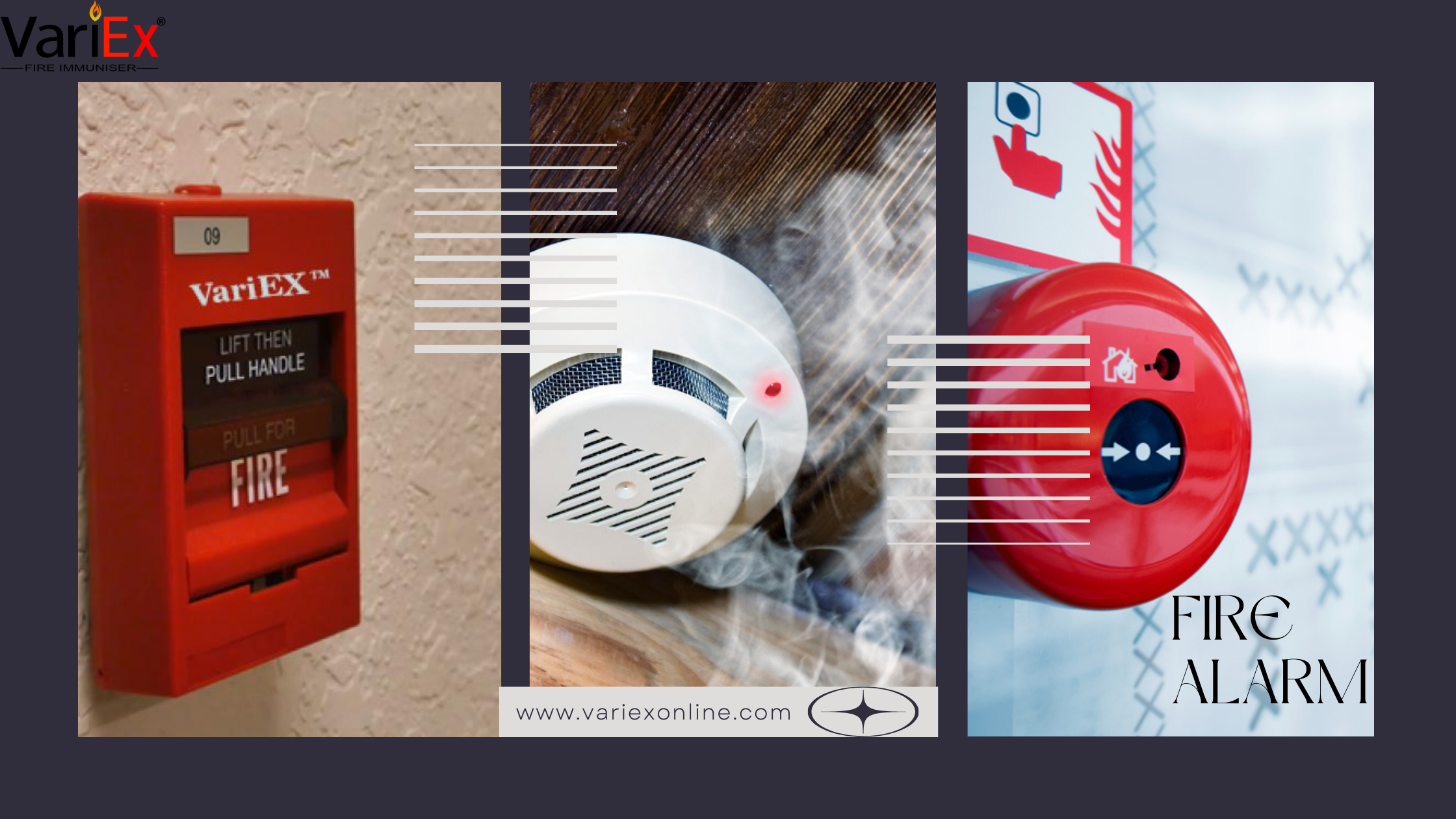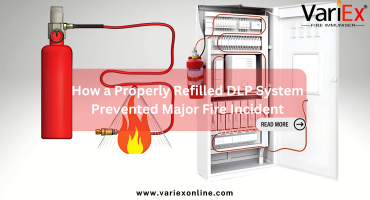![]()
Fire Immuniser
+91-7829629111
Email: info@variex.in
Varistor Technologies Pvt. Ltd.
Block-1, First Floor, Ardente Office One, Hoodi Circle, ITPL Main Road, Bengaluru, Karnataka 560048, IN
What Is Fire Alarm Cause And Effect
What Is Fire Alarm Cause And Effect
The fire alarm system is an integral part of any building structure, be it residential, commercial, or industrial. Adequately equipped fire alarm systems ensure the safety of residents or workers by warning them of a potential fire situation early enough to evacuate. The systems work by detecting smoke or heat variations that might be indicative of a fire outbreak, then triggering an alarm to notify the occupants. Despite their mundane presence in everyday life, the intricacies behind a fire alarm system often go unnoticed. This article aims to delve into the causes and effects of a fire alarm, to illuminate the ingenuity behind this life-saving contraption.
Fire Alarm Basics
At the heart of their operation, fire alarms are designed to identify symptoms of a potential fire incidence and emit a warning in response. They accomplish this through the integration of multiple components including heat detectors, smoke detectors, and manual pull stations. Smoke detectors are the most common detectors in residential buildings, since they are likely to identify a fire breakout faster than heat detectors. They work by sensing irregular amounts of smoke in the air, usually triggered by flaming or smoldering fires.
Heat detectors, on the other hand, are typically used in commercial or industrial areas where sudden temperature spikes could indicate a fire. Manual pull stations allow occupants to manually set off the fire alarm in case of a fire outbreak. Once an alarm has been triggered, an alert is sent to a control panel, which in turn, activates the sounders and strobe lights to alert the building's occupants. Some more advanced systems could also send a notification to the local fire department or a dedicated monitoring center.
The Causes of Fire Alarms
A fire alarm going off generally signifies a high probability of a fire incident. The main causes of a fire alarm include the presence of smoke, a sudden increase in temperature, or manual activation. Some systems can also detect natural gas leaks or tampering with the system's equipment and send out a fire alarm.
However, there are instances where a fire alarm could be triggered without an actual fire— sometimes referred to as a "false alarm." False alarms can be caused by dust or insects disrupting the smoke detector, overly humid or hot conditions, power interruptions, or even poor maintenance or incorrect installation of the alarm system. Some alarm systems are so sensitive that they can also trigger an alarm by the steam from a hot shower, burnt food, or smoking.
The Effects of a Fire Alarm
The primary effect of a fire alarm is, of course, an alert or warning of possible danger. The alarm is usually audible, visual, or both, allowing the spotlight to be cast on the possibly dangerous situation almost immediately. The loud ringing or buzzing sound, along with flashing lights in many cases, serves as an unmistakable call for immediate action. This immediate notice gives occupants ample time to evacuate and fire services enough lead time to respond, significantly reducing property damage, injuries, and fatalities.
Aside from the obvious life-saving factor, fire alarms have a number of other impacts as well. They provide peace of mind to occupants, knowing their safety is paramount and looked after. Fire alarms also help companies and businesses comply with local fire safety regulations and guidelines— staying on the right side of the law.
However, false alarms could also lead to panic, unnecessary evacuations, and business disruptions. They can cause occupants to have reduced trust and confidence in the fire safety system and potentially disregard or delay response to an actual alarm. Over time, this "cry wolf" situation might have devastating outcomes in a real fire situation.
Conclusion
Overall, the fire alarm system plays a pivotal role in safeguarding lives and property from the destructive power of fire. Their cause and effect are rooted in a straightforward yet critical idea—detect potential fire incidents and provide an early warning for immediate action. By understanding the cause and effect of a fire alarm, we not only appreciate the valuable work these systems do but also understand how we can better maintain them and appropriately respond to their alarms.
As technology continues its relentless march forward, we can look forward to fire alarm systems that are even more efficient, reliable, and capable of protecting us from the unforeseen fire threats that may yet lie ahead.
Final Say
At VariEx.in and VariexOnline.com, we specialize in supplying and installing top-quality fire fighting systems and equipment. From fire extinguishers to advanced suppression systems, we offer comprehensive solutions tailored to your needs. Our experienced team ensures precise installation and maintenance for optimal safety.
Trust VariEx for reliable fire protection. Contact us online or call 7829629111 to learn more.
"WHAT YOU CAN READ NEXT"
 Read more +24 November 2023 in Fire Extinguisher
Read more +24 November 2023 in Fire ExtinguisherWhat types of fire extinguishers are available for different fire classes?
 Read more +28 April 2025 in Fire Suppression
Read more +28 April 2025 in Fire SuppressionFire Suppression Refilling Checklist for Facility Managers
 Read more +25 April 2025 in Fire Suppression
Read more +25 April 2025 in Fire Suppression





